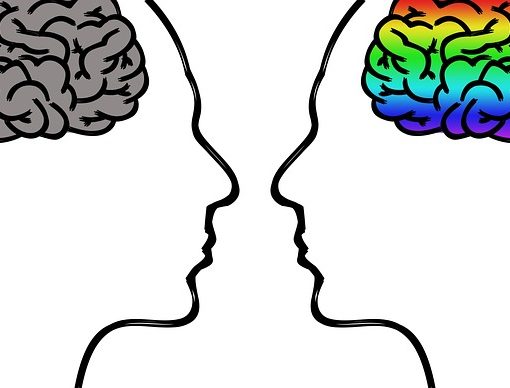The article from BBC Future delves into the scientific feasibility of time travel, examining both forward and backward possibilities through the lens of physics. It explains that while traveling into the future is theoretically achievable by moving at speeds close to light or experiencing intense gravitational fields—concepts rooted in Einstein’s theory of relativity—traveling back in time presents significant challenges. The discussion includes closed timelike curves, which suggest potential pathways for backward time travel, but these remain largely theoretical and fraught with paradoxes, such as the grandfather paradox. Ultimately, the article underscores that while our current understanding allows for future time travel, backward time travel remains speculative, awaiting a more comprehensive theory that unites quantum mechanics and general relativity.
Editor’s Note: The allure of time travel speaks to a fundamental human desire to reclaim the past, explore the future, and gain control over the relentless flow of time. As we grapple with the complexities of our current realities, the notion of traversing time reflects our longing for understanding and closure—whether it’s correcting past mistakes or glimpsing potential futures. The quote, “Yesterday is gone, tomorrow is a mystery, today is a gift, that’s why it’s called the present,” encapsulates this paradox. While we cannot change what has been or predict what will come, we are constantly reminded to cherish the present moment. In a society increasingly defined by rapid change and uncertainty, the fantasy of time travel invites us to reflect on our values and priorities, urging us to find meaning in our experiences and relationships.
Read Original Article
Read Online
Click the button below if you wish to read the article on the website where it was originally published.
Read Offline
Click the button below if you wish to read the article offline.





